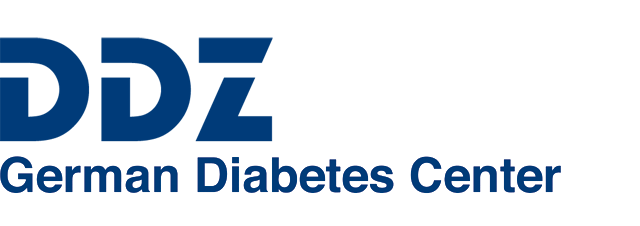Lifestyle changes through a healthier diet and increased physical activity can potentially have a positive influence on disease progression in people with type 2 diabetes mellitus. The TeLIPro study analyses whether patient-oriented, individual and personal support can assist people with diabetes in successfully and sustainably changing their lifestyle and improve their state of health and quality of life. Patient-orientation in the sense of considering individual preferences and expectations of such a program could make telemedical intervention programs more patient-minded.
Aims
Patient preferences are elicited to analyze patients’ wishes regarding telemedical coaching programs. The analysis of patient preferences seeks to provide insight into how patient preferences change throughout the program and whether sub-groups (e.g. people with a longer/shorter duration of diabetes) differ.
Project Lead and Contact Person
Cooperations
- AOK Rheinland/Hamburg – Die Gesundheitskasse (AOK) (Konsortialführung des Gesamtprojekts TeLIPro: AOK)
- Deutsches Institut für Telemedizin und Gesundheitsförderung GmbH (DITG),
- Privates Institut für angewandte Versorgungsforschung GmbH (inav)
- Kassenärztliche Vereinigung Nordrhein
- Institut für Klinische Diabetologie (DDZ)
Funding
Innovation Fund coordinated by the Innovation Committee of the Federal Joint Committee (G-BA) (Health Services Research)
Methods
Patient preferences are recorded at the beginning of the program (baseline) and at the end of the intervention using a discrete choice experiment (DCE), thus showing whether patients’ preferences have changed during the program. The baseline recording can be used to compare participants’ preferences with the actual TeLIPro program. Furthermore, preferences can differ amongst study population sub-groups (e.g. T2DM patients with diabetes duration over 5 years vs. under 5 years). The knowledge gained enables the development of tailored telemedical coaching programs.
Duration
2018-2021
